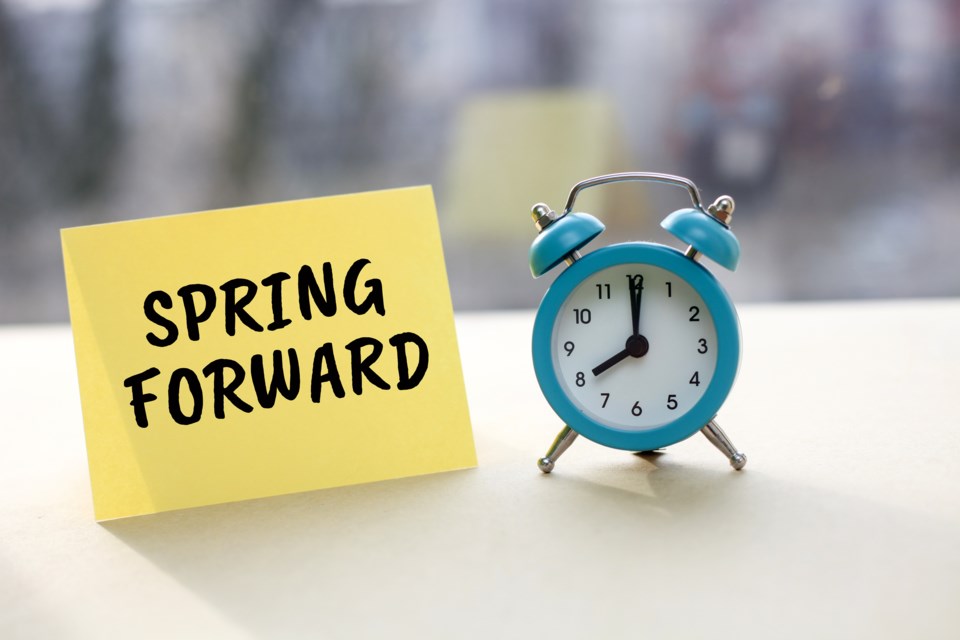The U.S. Senate has unanimously passed legislation to permanently end daylight saving time (DST) changes across the country, thus providing the necessary first step for B.C. to follow suit.
U.S. media reports of the passing of the Sunshine Protection Act on Tuesday note the measure still needs to clear Congress and then be ratified by the White House.
The bill has bipartisan support from Democrats and Republicans but co-sponsor Republican Sen. Marco Rubio is quoted by CNN stating there are no assurances Congress will pass the bill despite how "it's an idea whose time has come."
B.C. Premier John Horgan was asked Friday about so-called permanent daylight saving time (keeping the clock an hour ahead of standard time); while his government passed legislation to do so in 2019, it remains incumbent on Western U.S. states to do so before the province changes its own clocks.
“At the time when we talked to British Columbians, we heard loud and clear, not just from the business community, but from British Columbians, that it made sense to be in line, or aligned with our southern neighbours in Washington, Oregon and California,” Horgan said March 11.
The premier noted Oregon and Washington have already passed legislation but require congressional approval.
“We’re hopeful it will pass this year and this will be the last time we spring forward,” said Horgan of the U.S. efforts.
On Tuesday, Horgan Tweeted: "Pleased to see progress on this from Washington, DC. For British Columbia families who have just had to cope with the disruptions of changing the clocks, this brings us another step toward ending the time changes permanently."
Rubio’s bill passing through the Senate puts this reality one step closer.
However, even if Congress passed the bill, Rubio told media the change would likely not come until November 2023 as the transportation industry needs time to adjust.
Horgan’s government introduced the “Interpretation Amendment Act” in October 2019 to allow for a future move to permanent DST after 93% of British Columbian respondents indicated support for the change in a “record-breaking public engagement,” the government noted at the time.
“The bill will amend legislation that enabled the bi-annual change from standard to daylight time and will rename the province’s time zone as Pacific time. It will not affect the long-standing ability of certain local areas in the North and Kootenays to remain on mountain time, as they have for decades,” noted the province.
B.C. still has the option to make the change on its own but, practically speaking, the province wants to align with Western states.
